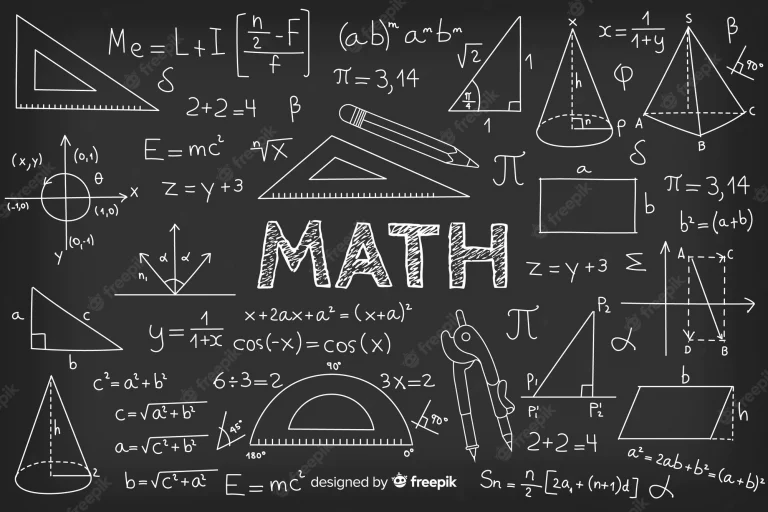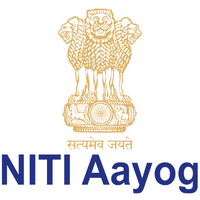Parts of class 11 Chemistry
Inorganic Chemistry
The understudies whose ideas are clear they feel that it’s one of the least demanding segments of Chemistry and you can tackle this part in exceptionally less time than other two areas. Most ideal way to plan for Inorganic Chemistry is to rehearse through the NCERT book. No mathematical or any equation based issues are asked from this subject, which saves the ideal opportunity for tackling different inquiries. You really want to go completely from the fundamental ideas. Try not to attempt to straightforwardly tackle the inquiries.
- Classification of Element and Periodicity
- Hydrogen
- s- block Elements
- p- block Elements
- Environmental Chemistry
Organic Chemistry
Organic Chemistry conveys more weightage in science than other sub-disciplines. Organic Chemistry is a sub-discipline of Chemistry that arranges with carbon compounds. It is that part of Chemistry that many individuals disdain (they say, it’s a great deal of robbing up). In any case, when you know the essentials (Hybridization, Isomerism, H-Bonds, Carbonization and Sigma and Pi-obligations) of the subject well, readiness should be possible without any problem. Natural Chemistry shares 28% weightage of the complete number of inquiries.
You need to gain proficiency with the essential ideas in natural science after which you can tackle the issues and responses.
- General Organic Chemistry
- Hydrocarbon
Physical Chemistry
It comprises over 40% of the whole prospectus and is certainly the most meriting part to dedicate time to. Actual science sections like Basic ideas of science, nuclear design, compound holding, and so forth frames the foundation of science that will, later on, be expected in natural as well as inorganic bits. You can expect on a normal 20 inquiries from this piece and no less than 33% of the inquiries will undoubtedly be from this fragment. It will test your capacity to manage conditions, numerical recipes, and extended and quick computations. The new 5 years demonstrate the way that you can expect around 20-25 inquiries in the year 2020.
- Some Basic Concept of Chemistry
- State of Matter
- Structure of Atom
- Chemical Bonding and Molecular Structure
- Thermodynamics
- Equilibrium
- Redox Reaction
Practical pattern for class 11 chemistry
CBSE Class 11 Chemistry Practical Syllabus is essentially as significant as the hypothesis schedule. This is on the grounds that the functional assessment is of 30 Marks which are very significant if you have any desire to score full stamps in the Chemistry subject. The reasonable schedule for Class 11 Chemistry incorporates the rundown of practical that you really want to plan for your last assessment alongside the stamping plan for the practical. You should comprehend what elements add to accomplishing full checks in the pragmatic assessment. Scoring full checks in the viable assessment is very simpler than the hypothetical test given that you have concentrated on every one of the points cautiously.
Evaluation Scheme for Examination
| CBSE Class 11 Chemistry Practical Marking Scheme | |
| Volumetric Analysis | 8 Marks |
| Salt Analysis | 8 Marks |
| Content-Based Experiment | 6 Marks |
| Project Work | 4 Marks |
| Class record and Viva | 4 Marks |
| 30 Marks | |
Conclusion
Class 11 Chemistry practicals are very scoring. Assuming you have drilled them previously, you can without much of a stretch score full checks in the pragmatic assessment. Also, assuming you get great imprints in practical you can work on your general score in Chemistry. GrabGuidance helps you in theoretical queries as well as numerical/practical based questions.























